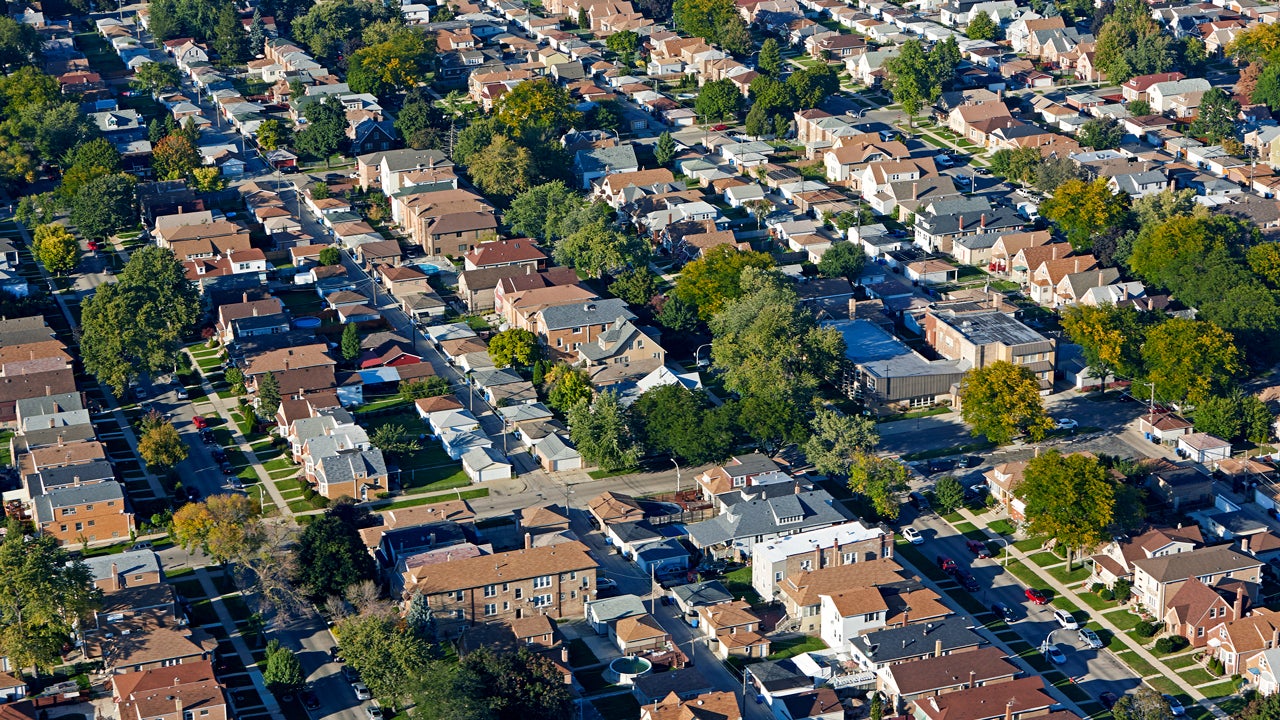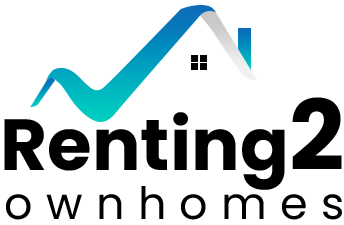If you are in the process of looking for a house, you understand that it can be a challenging one. Regardless of whether you want to rent or own your house, there is a lot of competition. Prices appear to be rising quickly, and you might be wondering if you can afford to have a roof over your head.
Fortunately, there are plenty of resources available, and one of the best options is called Section 8 Housing. This is shorthand for the Housing Choice Voucher Program, and it can provide you with extra assistance to help you manage your housing expenses. What do you need to know about Section 8 Housing, and how do you know if you are eligible?
A Quick Overview of Section 8 Housing

First, it is important to explain what is discussed when we are talking about Section 8 Housing. This is a program that has been created by the Department of Housing and Urban Development, and it offers vouchers that you can use to help you save money on the cost of your housing.
Even though the voucher may not necessarily cover all of your expenses, it can make it more affordable. That way, you should not necessarily have to choose between rent and food or medications. While HUD is the department that created the program, it is administered by your local Public Housing Authority. Therefore, different locations have different ways of managing the vouchers themselves. If you have questions, the best place to start is by talking to your local PHA.
Then, if you are eligible for these vouchers, and you start to receive them, you will need to find a landlord who will accept your voucher as a form of payment. Not every location is going to accept these vouchers, so this is another situation where you can go back to the PHA and ask for help. They should be able to find locations that will take your vouchers.
How Do I Know if I Am Eligible for Section 8 Housing Vouchers?
Even though these factors can be helpful, you need to figure out if you are eligible for them. In general, there are four separate criteria that you have to meet before you can be given Section 8 Housing vouchers. They include your income level, your citizenship status, your familial relationships, and your past eviction history. We will go through them in detail to help you figure out whether you qualify.
1. Your Income Level
As mentioned above, Section 8 Housing is designed to make it easier for people who do not make a lot of money to afford a house. Therefore, your income level is going to be the first requirement that you need to meet.

There are three separate income levels, and you may fall into any of these categories. They include low income, very low income, and extremely low income. Individuals who make less money will be prioritized more than individuals who make more money. Even though every category needs assistance, there are only so many vouchers to go around. Therefore, people who make less money are going to receive vouchers before people who make more money.
The limits for these categories will vary from place to place. For example, if 80 percent of your location’s median income is, you will fall into the low-income category. If you make 50 percent of the median income, you fall into the very low-income category. Finally, if you make 30 percent of the area’s median income level, you will fall into the extremely low income category.
2. CitizenshipStatus
Your citizenship status is going to play a role in your application for Section 8 Housing. In general, the government is only going to accept applications from someone who is a citizen of the United States. There are certain categories of immigrants who might be able to apply for Section 8 Housing as well, but you will need to talk to your PHA to see if you qualify. If you are not a citizen of the United States, you may need to produce immigration documentation. If you are a citizen of the United States, you simply need to produce standard photo identification. What the housing authority will accept as photo identification can vary from place to place, so you may want to reach out to your local PHA to learn more.
3. Familial Relationships
Your local PHA will be responsible for defining what is meant by your “family.” Some of the definitions of your family include your spouse, your children, elderly family members who live with you, and disabled family members who live with you.
The status of your family is important because it will define your income level. If you are responsible for supporting more people, your income limit may be higher. Therefore, the size of your family can dictate the category you fall into for income status. Therefore, you need to understand who should be included in your family when you apply for Section 8 Housing.
4. Eviction History
Finally, the PHA is also going to take a look at your eviction history to see if you qualify for Section 8 Housing. Just because you have an eviction on your record doesn’t necessarily mean that you are going to be excluded from receiving assistance. After all, people who do not make a lot of money are generally at a greater risk of being unable to pay rent.
On the other hand, the circumstances surrounding your addiction are going to play an important role. For example, if you have been evicted during the past few years due to drug-related activity, it could make it harder for you to qualify for Section 8 Housing. Therefore, you may want to take a look at your eviction history and record to understand what will show up before you apply for Section 8 Housing. If you believe there is something you will have to explain, you should think about how you will explain it before you apply for Section 8 Housing.
What Documents Are Included in the Application Process?

There are several examples of documents that you may need to submit as a part of the application process. The exact documents can vary from place to place, but some of the documentation you may need to submit includes:
- Birth certificates for everyone in your house
- A driver’s license or an alternative form of photo ID
- Social security cards for everyone included in your family
- A passport and immigration papers if you are not a citizen of the United States
- Documentation for income verification, such as tax statements, bank statements, and pay stubs
- Any disability documentation or medical records if there is someone with a severe disability living in your home
- If you gather these documents ahead of time, you may be able to expedite the application process.
- Contact Renting2Own Homes for Help With Affordable Housing
There are plenty of resources available for those looking for affordable housing, and we can help you. We are Renting2Own Homes, and it would be our pleasure to help you find affordable housing. Contact us today to learn more about our resources!






